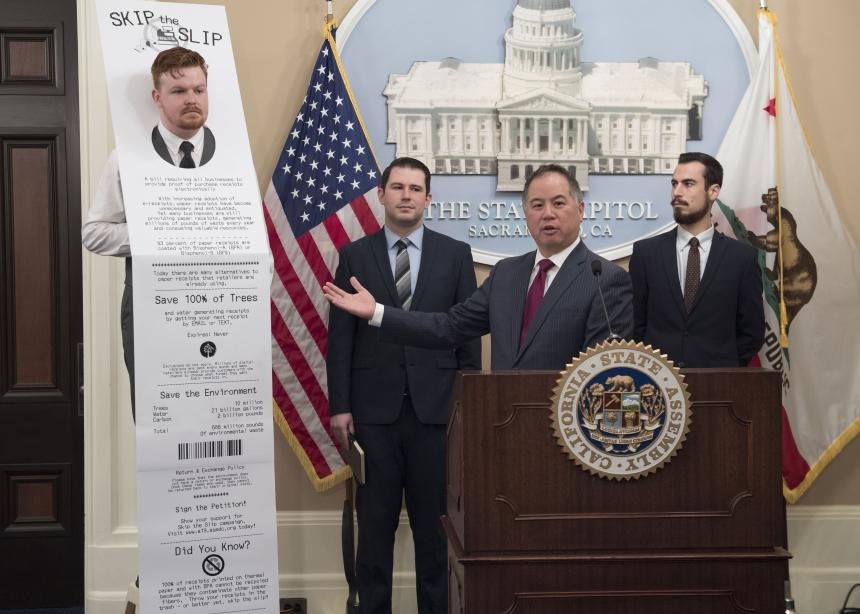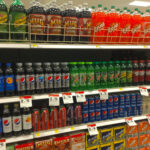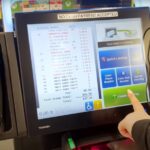Better luck next year.
Several bills that would have made couponing more difficult in the state of California – and across the country, if other states followed suit – have been shelved and won’t become law this year. It’s a disappointment for those who had hoped to save the environment, and save us from ourselves, but a positive development for critics who decried government overreach and wanted the state legislature to keep its hands off their coupons.
A bill that would have restricted retailers from issuing paper receipts – like CVS’s infamously-long, coupon-filled versions – died in committee last week after passing in the state Assembly but failing to make it to the floor of the state Senate for a vote. The bill’s demise comes a couple of months after a package of proposed legislation aimed at reducing soda consumption – which included a measure banning coupons for sugary drinks – similarly failed.
So drink all of the discounted soda you want, while perusing your mile-long paper receipts for coupons to your heart’s content!
The paper receipt ban was proposed back in January. The measure would have phased out printed receipts by 2022, except in cases where a shopper specifically asked for one. And even then, the receipt would have to be concise and to-the-point, using as little paper as possible. That would have meant no more reams of coupons printed at the bottom of your receipts, and it could have complicated matters for shoppers who still need paper receipts to upload to rebate apps like Ibotta and Checkout 51.
But bill sponsor Phil Ting, a Democratic state Assemblyman from San Francisco, claimed the benefits would have outweighed any drawbacks. He introduced the bill in unusual fashion, dressing up an unfortunate staffer as a giant receipt while he explained why a receipt ban was necessary.
“A typical receipt nowadays is not just a receipt of the items that you purchased, but is a long list of coupons advertising buy this or buy that,” he said. “We think that this doesn’t make a lot of sense.” He cited figures from the advocacy group Green America, which says 10 million trees and 21 billion gallons of water are used every year to make paper receipts. And since many receipts are coated with BPA or BPS chemicals, they’re not recyclable – which creates 686 million pounds of waste.
One unimpressed editorial writer called the bill “much worse than just another piece of nonsense legislation.” Never mind that there would be “no offers of free McMuffins for filling out a survey, no coupons and no advertising,” the Southern California News Group’s Susan Shelley wrote, but the measure would have been costly with minimal environmental impact, she argued. “Retailers of all types would have to buy equipment in order to convert to electronic receipt technology. Even gas pumps would have to be retrofitted.” In order to receive electronic receipts, you’d have to provide your email address or other personal information to every retailer you patronize, raising privacy concerns.
The California Retailers Association also opposed the bill, saying it could be considered “a limit of commercial speech” and that “banning this access to costs savings will harm those who use coupons to save money on essential grocery and other items.”
The proposed soda coupon ban also faced plenty of opposition. One by one, a collection of related bills introduced in February faded away over the summer. One would have banned the sale of soda in cups larger than 16 ounces. Another would have imposed a sugary drink tax. A third would have banned soda from checkout lanes, while another measure would have required warning labels on soda cans and bottles. And a fifth proposal would have outlawed soda coupons and other discounts, forcing soda purchasers to full price.
“Promotions such as manufacturer’s coupons are one key contributor to our public health epidemic,” said the bill’s sponsor, Democratic state Assemblymember Rob Bonta. By offering such discounts, he said, “Big Soda subsidizes the cost of unhealthy sugary beverages.”
But Big Soda apparently has big influence in Sacramento. After the bills failed, a spokesman for the American Beverage Association said its goal was “ensuring that food and beverages remain affordable and accessible for all Californians,” and argued that restricting access to, and the cost of, soda would have put an unfair burden on consumers.
All six lawmakers who proposed all six bills are expressing disappointment, but are hopeful they can reintroduce some version of their proposals next year. Until then, better stock up on discounted soda and enjoy the coupons and rebates that your paper receipts provide. If these lawmakers eventually have their way, saving the environment and saving your health could someday prove incompatible with saving money.
Image source: Assemblymember Phil Ting

















One would think the legislators in California would be focused on much bigger problems they’re facing, like the growing homelessness issue across its biggest cities.